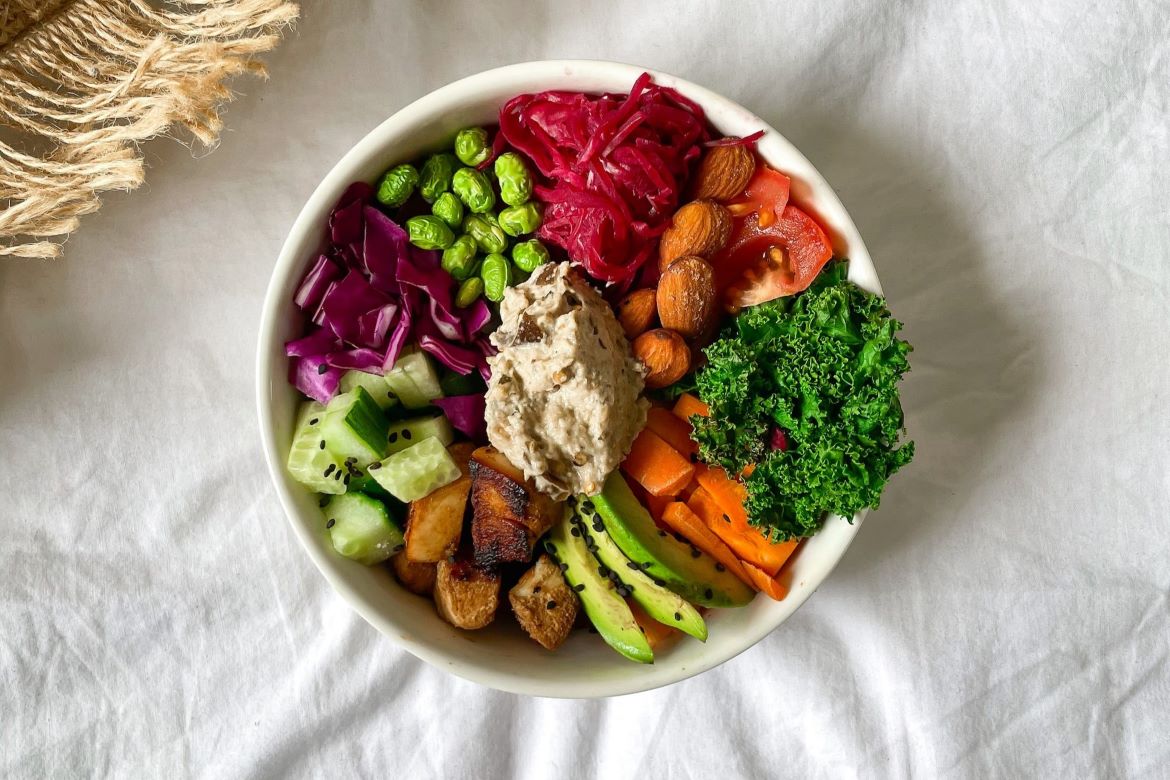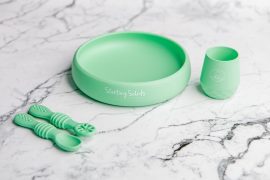By Meagan McWhirter, Clinical Nutritionist (BHSc NutDMed & MHumNut)
Breastfeeding places a huge nutrient demand on the body, requiring a higher dietary intake of essential nutrients like protein, healthy fats, calcium, iodine, zinc and iron. When you are breastfeeding, your body can burn over 500 calories extra per day, therefore in order to maintain a healthy milk supply and support your own health and vitality, it is essential that you consume a nutrient dense diet.
Some key nutrients that you want to make sure you are prioritising in your diet as a breastfeeding mother include:
Protein: This is key to supporting a healthy milk supply. Protein is also essential to ensure recovery after birth, energy support, balanced mood and promotes a strong immune system. Protein is often overlooked by many mums and it’s important to include a source with every meal! Sources: poultry, fatty fish, red meat, eggs, yoghurt, cheese, beans/legumes, hemp seeds, collagen, bone broth, nuts & seeds.
Breastfeeding places a huge nutrient demand on the body, requiring a higher dietary intake of essential nutrients like protein, healthy fats, calcium, iodine, zinc and iron.
Healthy Fats: These help support and enrich your milk supply as well as support your postpartum mental health, energy and hormones. Sources: salmon, sardines, trout, avocado, walnuts, almonds, hemp seeds, chia seeds, flaxseeds, pepitas, MCT oil.
Calcium: This is essential for bone health and skeletal development in your baby. Large amounts of calcium are transferred from you to your baby during breastfeeding. If you do not have a diet rich in calcium, your body will draw calcium from your bones, decreasing your bone mineral density. Sources: cows milk, fortified plant milk, cheeses, sesame seeds, tahini paste, leafy greens, salmon with bones.
Iodine: This is necessary to support your baby’s brain development and cognitive function. Iodine also helps to support postpartum thyroid health and your energy. Sources: eggs, prawn, dairy, seaweeds (dulse, wakame kelp).
If you do not have a diet rich in calcium, your body will draw calcium from your bones, decreasing your bone mineral density.
Iron: Only minimal iron gets passed through breastmilk, however post-birth bleeding commonly leads to iron deficiency causing fatigue, lack of concentration, low mood and low energy. Breastfeeding is highly demanding, especially if you are doing multiple night feeds, so it is essential that your iron stores are adequate to support your energy. Sources: beef, pork, liver, eggs, lentils, tofu, molasses, kidney beans, leafy greens.
However, the demands of breastfeeding (from exclusively breastfeeding, exclusive pumping, mixed feeding, tandem feeding etc..) can make it difficult for you to prioritise your own diet. But fear not! You don’t need to sit down for 3 meals and 2 snacks daily. Rather, you want to look at your diet and see what you can add in to boost up its nutrition or ensure you are having smaller, more regular snacks across the day.











